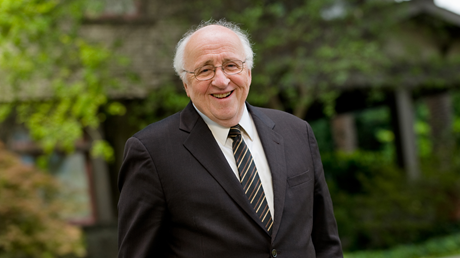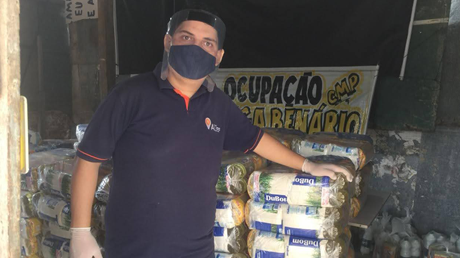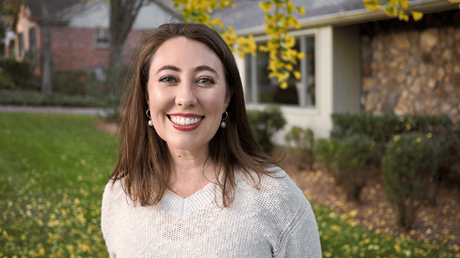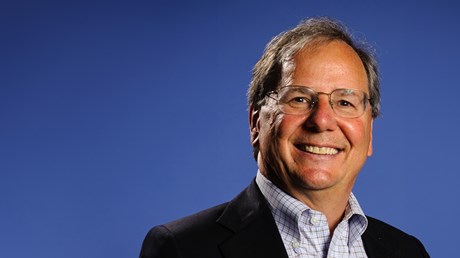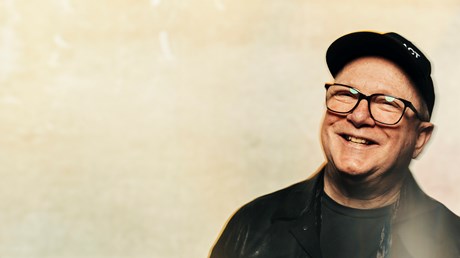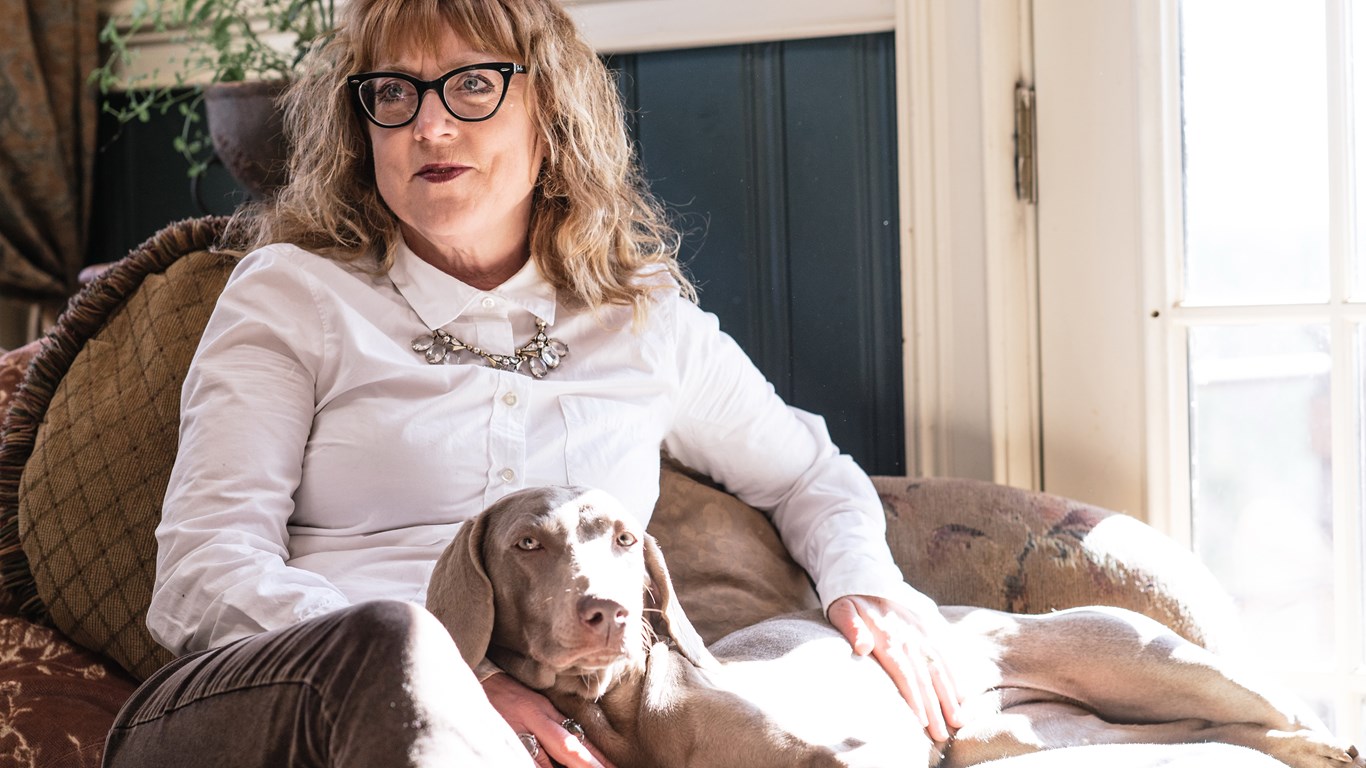
You can help CT share more stories that delicately balance truth and love through Beautiful Orthodoxy:
Give NowYou can help CT share more stories that delicately balance truth and love through Beautiful Orthodoxy:
Give NowAt the Evangelical Press Association's 2017 convention, Christianity Today made a strong showing, winning a total of 32 awards. Particularly notable was Christianity Today magazine's First Place Higher Goals Award for "The Shaken Conscience of a Pro-Life Activist," by Karen Swallow Prior.
Prior recently sat down with Joy Beth Smith, a managing editor with Christianity Today, to discuss her article and why she believed CT to be the best outlet for this particular story, one that's taken 20 years to unfold.
With many of these events anchored in the past, what prompted you to write the article now?
In November of 2015 there was a shooting at Planned Parenthood in Colorado. That event brought up a lot of memories for me personally, and it also inspired many articles and a fresh wave of analysis of pro-life rhetoric. As a result, I wrote an article for CT Women (then Her.meneutics) called "Loving Our Pro-Choice Neighbors in Word and Deed," in which I expressed my conviction that we should not call people walking into abortion clinics, whether they are workers or women, names like "murderer." I received a lot of pushback on that piece. Many people disagreed with me, and they said if abortion is murder, then we should call it murder. So after those discussions following the publication of article, I knew I wanted to write about Barnett Slepian, the abortion doctor I protested who was later killed by a sniper, because it was that experience that made me deeply examine the role of language in civil debate.
"The Shaken Conscience" article is the full story behind why I think even the language we use when we are communicating with those who disagree with us is so important. It's the decision to humanize or dehumanize them. When I contacted Katelyn Beaty, then the managing editor of CT, with the idea, I told her it was a story that had been 20 years in the making, and I was finally ready to tell it.
What would you say to people who are emphatic about abortion being sin and feel strongly about using that language?
When the Pharisees bring the woman caught in adultery before Jesus in , he never calls her an adulteress. He says she's in sin, but he doesn't say "you adulterer." I believe abortion is murder, but that does not necessitate me calling someone a murderer. Jesus doesn't call us by the name of our sin, and that's the important difference here.
In the article you discuss your previous participation with Operation Rescue and being a sidewalk counselor, but what does your activism look like today?
I still think it's very important for Christians to be outside abortion clinics offering help to women going in and encouragement to workers to stop doing abortions, and there are people today still doing that important work even though the heyday of clinic protests has passed. Abby Johnson has written a whole book on this. There are ministries devoted to turning abortion workers away, and the only way they get turned away is by the loving presence of pro-lifers.
I'm not doing that now for a number of reasons. For one, there's not an abortion clinic in the city where I live or nearby, so that's good, but that doesn't mean it's not an important issue where I live. For seven years I served on the board of the crisis pregnancy center here in our community. And now, because I'm a professor and a writer, I promote a pro-life philosophy and theology that way. I'm committed to the movement, but my position in life is different. Before my platform was the sidewalk, but now it's the classroom and the internet.
Does that feel strange to see the shift from practically fighting on the front lines to teaching and writing?
I spent ten years sidewalk counseling at least on a weekly basis in Buffalo, New York. And from November through March, it's brutally cold. I miss and don't miss those days.
But those habits—that discipline, that consistency—of being there and being faithful has formed so much of who I am because it's the same kind of faithfulness, humility, and patience that's still required to try to effect change in the classroom or in writing. Those same disciplines or virtues are needed. But I don't need the hand warmers anymore.
What were some surprising responses you received to this article?
While I was writing this, I reached out to one of the most spirited pro-choice activists I ended up befriending towards the end of those years, despite going up against him in court a number of times. We lost contact years ago, but, as it goes with Facebook, I was able to find him on social media, and now we interact a lot. He was one of the first ones I sent the article to when it came out. So that's been a gift to reconnect with someone who was once really my adversary.
One disappointing response was that I didn't hear back from some of the pastors who were critical of my argument that we should not call people involved with abortion "murderers." I wish I knew what some of them thought about this horrible event and how they themselves might respond if they were as close to the issue as I am. It sometimes seems like the loudest voices are coming from the sidelines, not from intimate engagement in the issues.
What makes CT a good outlet for this article?
It was a natural follow-up to the first piece I wrote for Her.meneutics, but more fitting, I think, for the wider CT audience. This is a nuanced topic, and it is best suited for an audience that is committed to the Christian faith, committed to a pro-life ethic, and willing and desiring to struggle with the moral complexities that face us in our culture today. This article hits on many of the problems we have to grapple with. This is hard stuff, and it requires readers who will ask hard questions in order to do better in doing the right things, and I think CT provides a nice platform for that.
Sitting in the tension between two sides feels like an important part of your process. How do you get past the black-and-white nature of these discussions?
I think it begins with my strong conviction that speaking the truth in love is, by its very nature, a position in the middle, in that place of tension. My conviction is that is where we always need to be. And I believe that is also where the truth of Christ is. As hard as it is to take criticism and attacks from both sides, if I know that's where I'm supposed to be, then at least those attacks are some indication I'm closer to the place where I'm called. Because if I'm only getting it from one side, then I'm not really in the crux, in the middle where Christ is.
I can only speak the truth in love if I'm listening to all sides and if I'm being fair to all sides. The only thing that's black and white is the gospel and God's Word, and all of this other stuff we're experiencing through our fallen humanity is pretty grey. It doesn't matter what the issue is or who we're talking to, we should all be working to get back to that middle place. For what is the gospel but a bridge built by the cross? The image and work of the cross is well captured in Christianity Today's commitment to Beautiful Orthodoxy, that place in the crux, right in the center, where we can be "a good and truthful presence in the world, but one that reflects the very mysterious beauty of God as well."
The truth and love that Christ is will never be left nor right, neither liberal nor conservative—it's in the middle. So I'm convicted that's where I need to be, where I'll always be trying to get back to.
Joy Beth Smith is a managing editor at Christianity Today.



